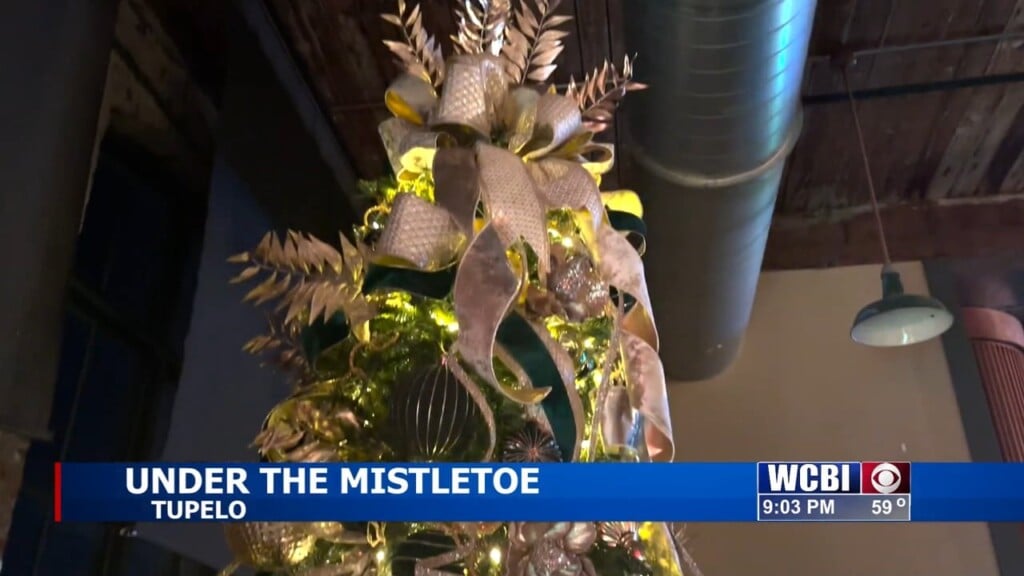Richard Branson pleads for U.K. rescue of Virgin Atlantic
In an open letter to Virgin Group employees, company founder Richard Branson said he would offer the private islands he owns in the Caribbean as collateral to save the airline and hospitality company, which is in financial straits during the coronavirus pandemic.
Branson’s conglomerate operates in some of the hardest-hit sectors, including aviation, hotels and cruises. The billionaire tried to dispel criticism about asking for government aid despite his massive personal wealth. “I’ve seen lots of comments about my net worth — but that is calculated on the value of Virgin businesses around the world before this crisis, not sitting as cash in a bank account ready to withdraw,” Branson writes.
“Over the years significant profits have never been taken out of the Virgin Group, instead they have been reinvested in building businesses that create value and opportunities. The challenge right now is that there is no money coming in and lots going out,” the mogul continued.
The company, which employs more than 70,000 people in 35 countries, has reduced wages for Virgin Atlantic employees, which Branson said was a decision to save as many jobs as possible. To keep the airline from going under, he said the company will need support from the U.K. government.
But critics point out Branson has paid no U.K. income tax since moving to the tax-free British Virgin Islands 14 years ago, BBC News reported.
The British government has announced two plans to help lessen the financial burden of this pandemic on U.K. companies, BBC News reports: The first is a £330 billion (or around $400 billion) coronavirus support package for the economy, and the second is a £1.25 billion (more than $1.5 billion) package to support new companies and startups that are not eligible for existing coronavirus rescue plans.
However, after Denmark told companies registered in offshore tax havens they would not be eligible for coronavirus bailout money, there have been calls for the U.K. and other countries to do the same, the British newspaper The Independent reports. Operating companies and their properties overseas often allows for major tax breaks for the owners — as Branson well knows since establishing his official residency in the Virgin Islands.
Branson bought Necker Island, where he lives, in 1978 for $180,000, according to Forbes. This property and others, as well as his businesses, contribute to a personal net worth that Forbes has estimated at $4.3 billion.
It appears Branson anticipated his offshore tax havens might impede his request for U.K. aid, because in his open letter, he made a point of saying that he and his wife did not leave Britain for tax reasons — instead, he insists, it was because of “our love of the beautiful British Virgin Islands and in particular Necker Island, which I bought when I was 29 years old.”
Branson wrote that “the rest of [Necker] island is run as a business, which employs 175 people,” and said that just like with other Virgin assets, “our team will raise as much money against the island as possible to save as many jobs as possible around the Group.”
Although the letter was addressed to “all the Virgin family,” it appears to be a case for getting a business loan from the British government.
Branson wrote: “Our companies have created hundreds of thousands of jobs and paid hundreds of millions in tax around the world (and will continue to do so). Our companies based in the U.K. pay tax in the U.K., and so forth.”
Branson said Virgin Atlantic faces uncertainty surrounding travel today and would like a commercial loan. “It wouldn’t be free money and the airline would pay it back (as EasyJet will do for the £600m loan the government recently gave them),” he wrote.
The global airline industry has experienced never-before-seen plunges in revenue during the coronavirus recession, worse than what it was after 9/11. Airlines expect to lose a total of $250 billion in revenue this year, CBS News’s Kris Van Cleave reported last month.
Branson’s letter called his and other airlines’ woes an “unprecedented crisis,” adding that “many airlines around the world need government support and many have already received it. Without it there won’t be any competition left and hundreds of thousands more jobs will be lost, along with critical connectivity and huge economic value. Virgin Atlantic started with one plane 36 years ago. Over those years it has created real competition for British Airways, which must remain fierce for the benefit of our wonderful customers and the public at large.”





Leave a Reply